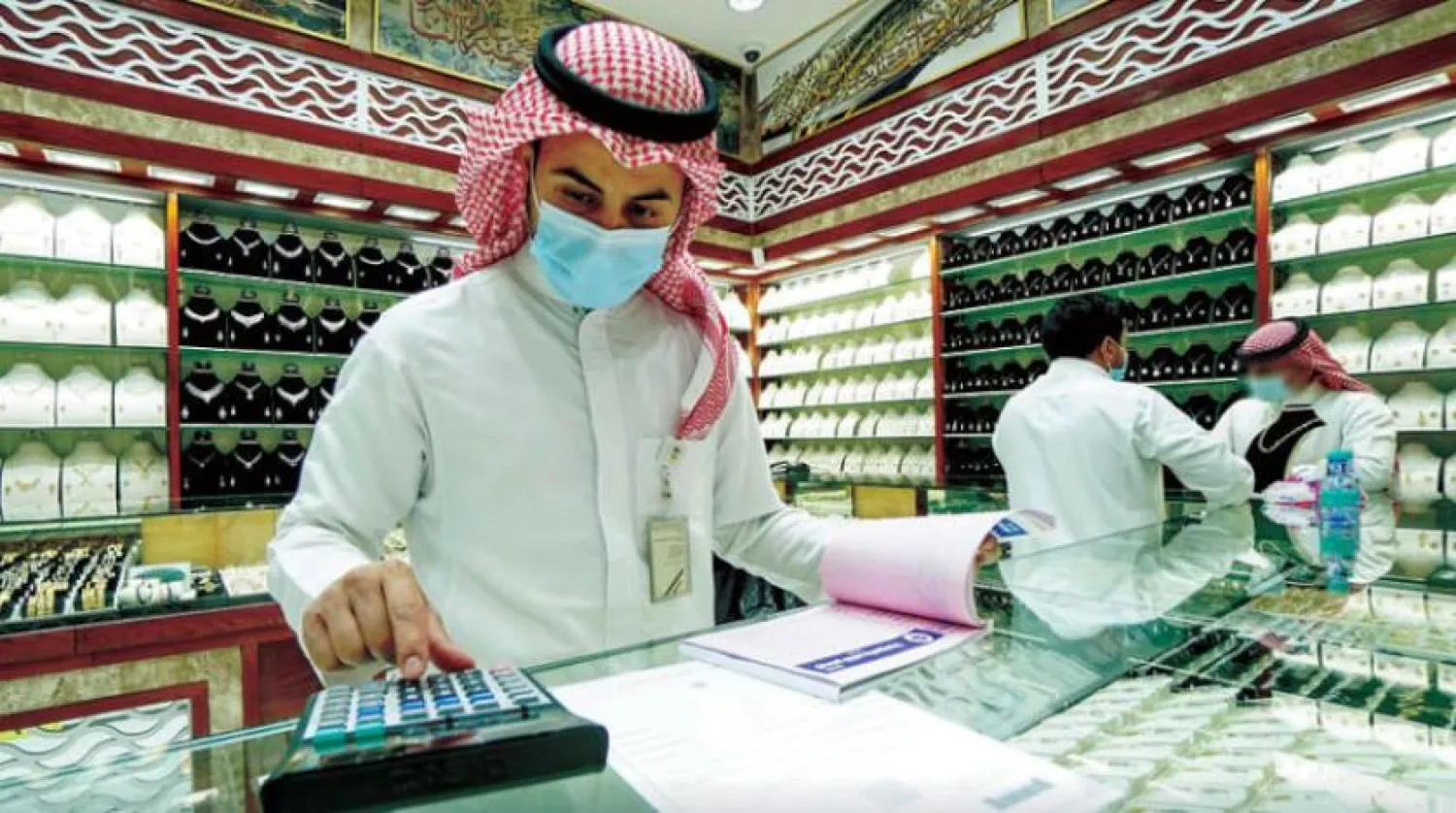The Saudi cabinet announced that the Zakat, Tax and Customs Authority has the right to offer financial support to targeted institutions on the e-billing list whose annual revenues do not exceed $813,000.
Several specialists told Asharq Al-Awsat that Saudi Arabia aims to stimulate and develop small and medium enterprises (SMEs) to achieve the Kingdom’s economic plan goals.
The Zakat, Tax and Customs Authority, in line with the efforts to develop its electronic services, launched a new application ZATCA, which includes various services that help taxpayers perform their services quickly and automatically.
Member of Saudi Shura Council, Fadel al-Buainain, told Asharq Al-Awsat that the state continues to provide incentive programs and initiatives that include all establishments operating in the private sector.
Buainain indicated that providing financial support to the targeted facilities in e-billing is an important step that helps them grow and expand to achieve their goals.
The official explained that SMEs are a significant driver of major countries, and Saudi Arabia focuses on limiting all the challenges they face and addressing them immediately without hindering their progress.
He described the new ZATCA application as a step towards accelerating all services and providing a unique experience for taxpayers.
Economic expert, Abdul Rahman al-Jubeiry, told Asharq Al-Awsat that providing financial support to enterprises of revenues not exceeding $813,000 is an excellent stimulus for the private sector.
SMEs are waiting for initiatives and programs that make them stable and develop their businesses to return to the national economy positively, said Jubeiry.
The expert clarified that the Kingdom had established a special authority to regulate and empower SMEs and provide solutions.
Jubeiry pointed out that SMEs have high rates of efficiency and economic performance in most countries, and their contribution to the GDP of most global economies is more than 60 percent, which requires concerted efforts to increase investments in the field of business incubators and entrepreneurship.
The economist noted that small enterprises reduce unemployment rates and increase their contribution to the gross domestic product from 20 to 35 percent, as confirmed by the goals of Vision 2030.
Saudi Arabia continues its efforts to achieve its goals in stimulating the private sector and providing the best solutions that contribute to digital transformation.
The Kingdom also seeks to benefit from modern technologies that facilitate procedures for public and private entities by providing the appropriate infrastructure that is compatible with all future projects.
The Zakat, Tax, and Customs Authority implemented e-billing over two stages. It began by issuing the bills by the end of last year, including all taxpayers registered in the value-added tax, except for those who do not reside in the Kingdom.
The e-billing will be issued through a compatible system and the invoice will include all the required items based on their type.









